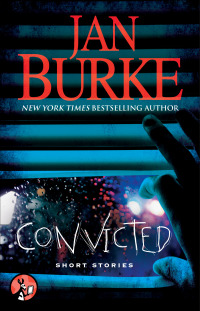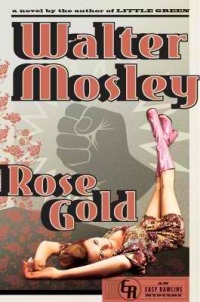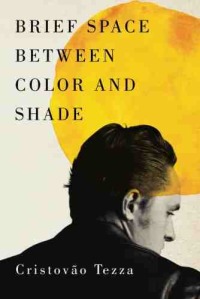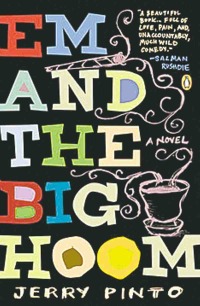The Marco Effect by Jussi Adler-Olsen
 Friday, October 3, 2014 at 8:21AM
Friday, October 3, 2014 at 8:21AM Published by Dutton on September 9, 2014
The Marco Effect begins with a murder in the jungle of Cameroon. René Eriksen, who heads the Development Assistance office for the government of Denmark, has been conspiring with a corrupt banker to misappropriate development funds. Their fear of exposure leads to more murders.
A second plotline centers on Marco Jameson, one of many children who beg for or steal money on the streets of Denmark for an unscrupulous man named Zola. Unlike the other kids, Marco is bright and rebellious. To avoid a disabling confrontation with Zola, Marco runs, but in the act of running stumbles upon a secret that further endangers his life.
The third plotline finally brings Carl Mørck and the other members of Department Q into the story. Carl's subordinate Rose Knudsen has little interest in the department's current case (she could solve that one in her sleep) but takes an interest in a poster that seeks information about a man who disappeared two years earlier. The same poster is of interest to Marco, providing the first link that connects the stories. Soon enough, all three storylines have woven into a cohesive whole.
Characters are the strength of the Department Q series, particularly Rose and Hafez el-Assad, the insubordinate detectives who nominally work for Carl while following their own instincts and using their own unorthodox methods to solve cases. Assad remains my favorite character in the series. He is the most perceptive, the funniest, and the most dangerous of the three, while his mysterious background adds another layer of intrigue to the novels. Carl's personal life, established as a mess in earlier novels, is even muddier in this one as he encounters new troubles with his old girlfriend and the possibility of a new girlfriend (or at least a one night shag).
Marco, betrayed by everyone he ever cared about, might be the most sympathetic character Jussi Adler-Olsen has created in the series. Much of the novel's excitement and pace comes from Marco's efforts to avoid capture. The sections of the novel that follow the conspirators and their double-crossing behavior sometimes drag, giving the impression of a novel that might be a hundred pages longer than it needed to be. For the most part, however, the pace is suitable for a police procedural that depends on characterization and sleuthing more than action to sustain the reader's interest.
RECOMMENDED
 TChris |
TChris |  Post a Comment |
Post a Comment |  Jussi Adler-Olsen in
Jussi Adler-Olsen in  Thriller
Thriller 


